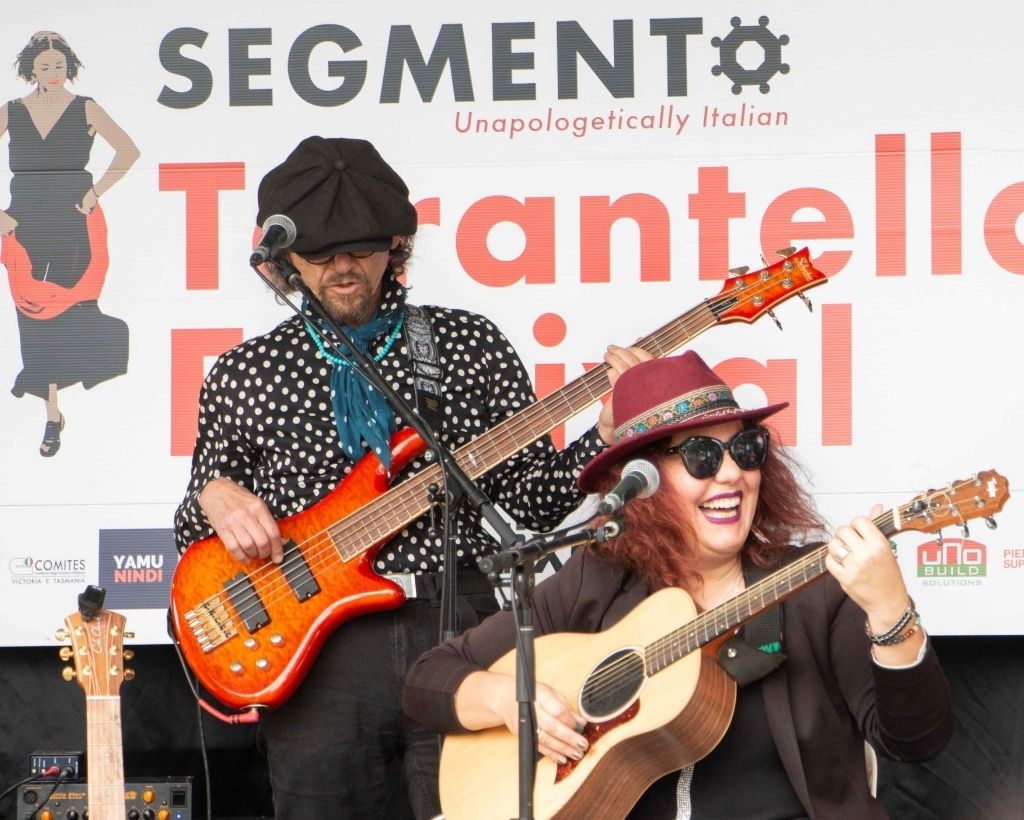2025 Segmento Tarantella Festival
Uniting cultures through music and dance
The Segmento Tarantella Festival celebrates Calabrian heritage while bringing together Italian, Greek and African artists in a powerful expression of cultural diplomacy. Held at the Calabria Club in Melbourne, the festival embraces multicultural connections through music and dance.
The Segmento Tarantella Festival returned for its 4th edition with renewed energy and a compelling message: heritage is not meant to be quietly preserved, but is to be lived, shared, and passed on. At the Calabria Club, music and dance become instruments of cultural diplomacy, uniting not only Calabrian and Italian communities but also Greek and African voices in a joyful celebration of rhythms without borders.
For Italian-Australians, the tarantella is more than music and dance. It is the heartbeat of southern Italy. This ancient rhythm evokes village squares, weddings, and feasts, where life is celebrated through movement and sound. Preserving this tradition is vital, but sharing it is even more powerful. The festival demonstrates how cultural heritage, when offered with openness, becomes a bridge across communities.
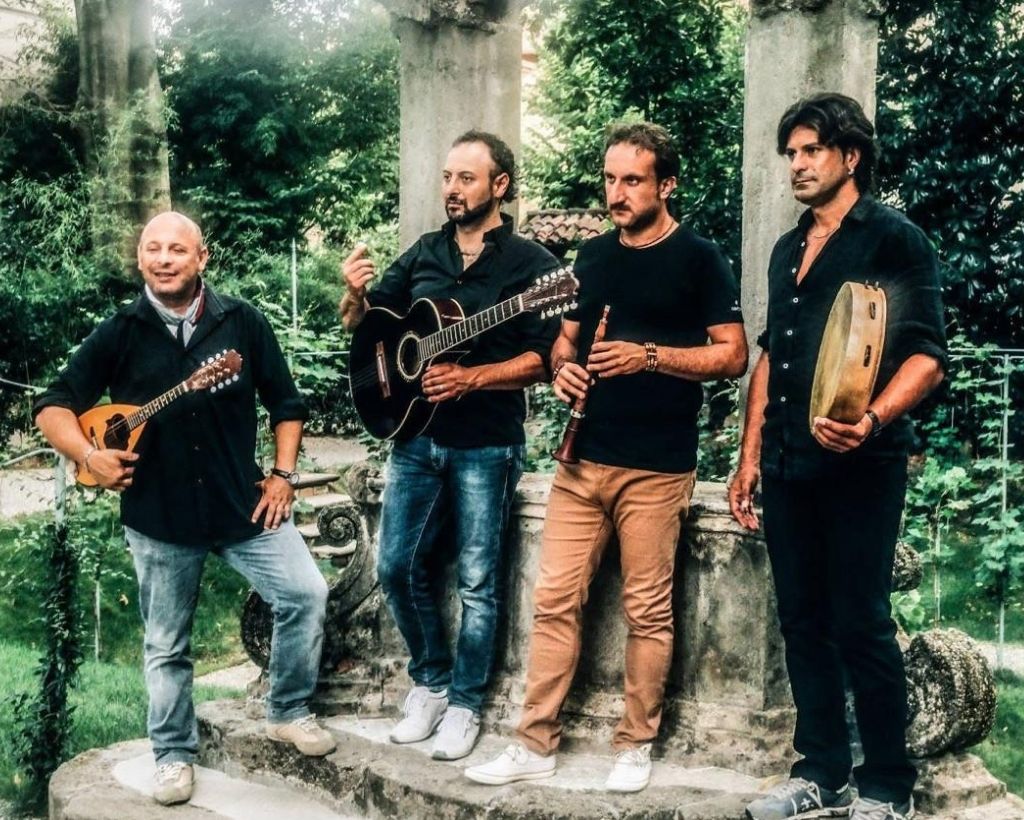
This year’s program featured a dazzling array of artists, each carrying their own story and energy. From Calabria, the internationally renowned Sabatum Quartet brings its distinctive fusion of traditional folk with modern arrangements. Their music, rich with accordion and percussion, has travelled the world, bringing Calabrian sounds to audiences far beyond Italy’s borders. Joining them was the inimitable Ciccio Nucera, widely known as the “King of Tarantella.” His mastery of the organetto and his charismatic stage presence promise to transport audiences straight to the heart of Calabria. Their presence underscores the festival’s international reach and its role as a cultural bridge between Italy and Australia.
Alongside these global ambassadors, Melbourne’s own talents bring the festival to life with a local heartbeat. Viva Cu Sona, a group dedicated to keeping southern Italian folk traditions alive, have once again have audiences on their feet. Elvira Andreoli, with her project Rustica, offers heartfelt performances that blend tradition with contemporary interpretation. And Kavisha Mazzella, a celebrated singer-songwriter of Italian descent, joined by the virtuoso guitarist Rosario Mardesar, continues to enchant with her gift for weaving folk traditions into universal narratives of love, resilience, and belonging.
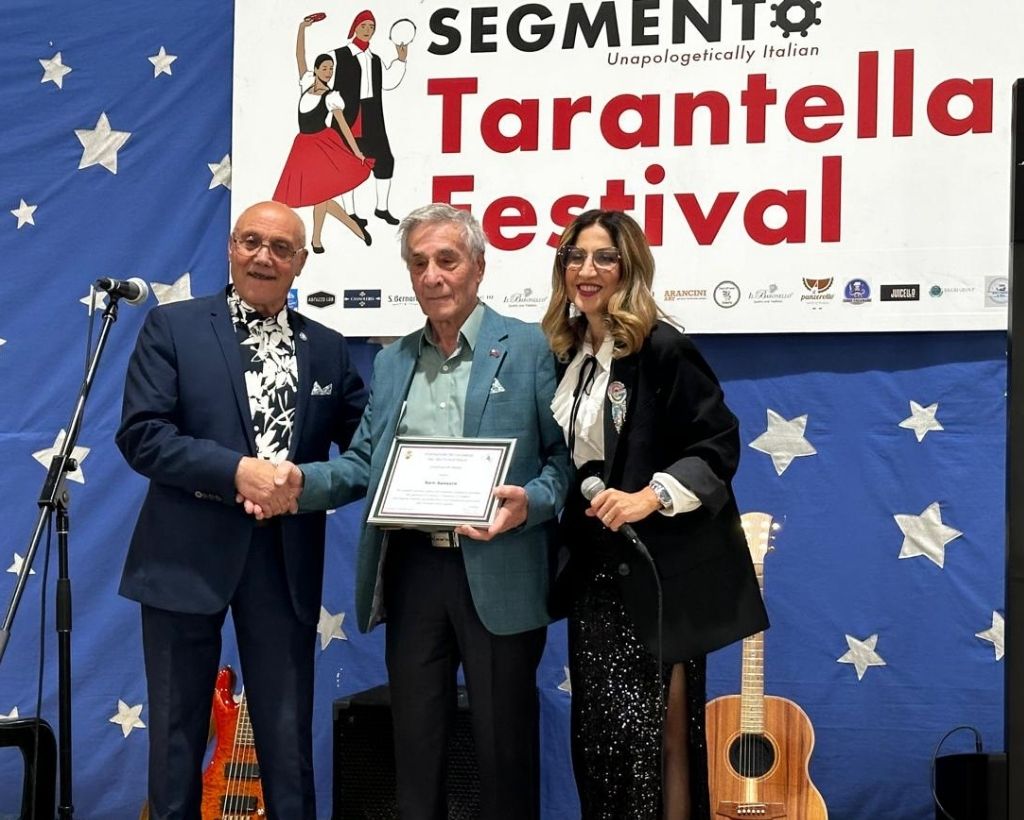
What makes this edition unique is its embrace of other cultural traditions. The Greek ensemble Omados, led by Joseph Tsombanopoulos, brings the powerful energy of rebetiko and folk dances, reminding us of the deep Mediterranean ties that link Greece and southern Italy. Meanwhile, the Melbourne African Traditional Ensemble (MATE) adds a new dimension with drumming and dance rooted in ancient African traditions. Watching Calabrian tarantella dancers move alongside Greek and African performers is to witness cultural diplomacy in its purest form—different communities speaking a common language through rhythm and joy.
Another highlight of this year’s festival was the performance of Josephine Paone, a passionate dancer of traditional Calabrian music. With her vibrant energy and mastery of the Tarantella, Josephine has not only showcased the beauty of this centuries-old dance but also invited the audience to join her in a joyful social dance right in front of the stage—transforming spectators into participants in a shared cultural celebration.
Adding to the festive spirit, the organisers once again distributed more than 500 tambourines to all children under 12, ensuring that the youngest generation can actively take part in the rhythm and tradition of Calabria.
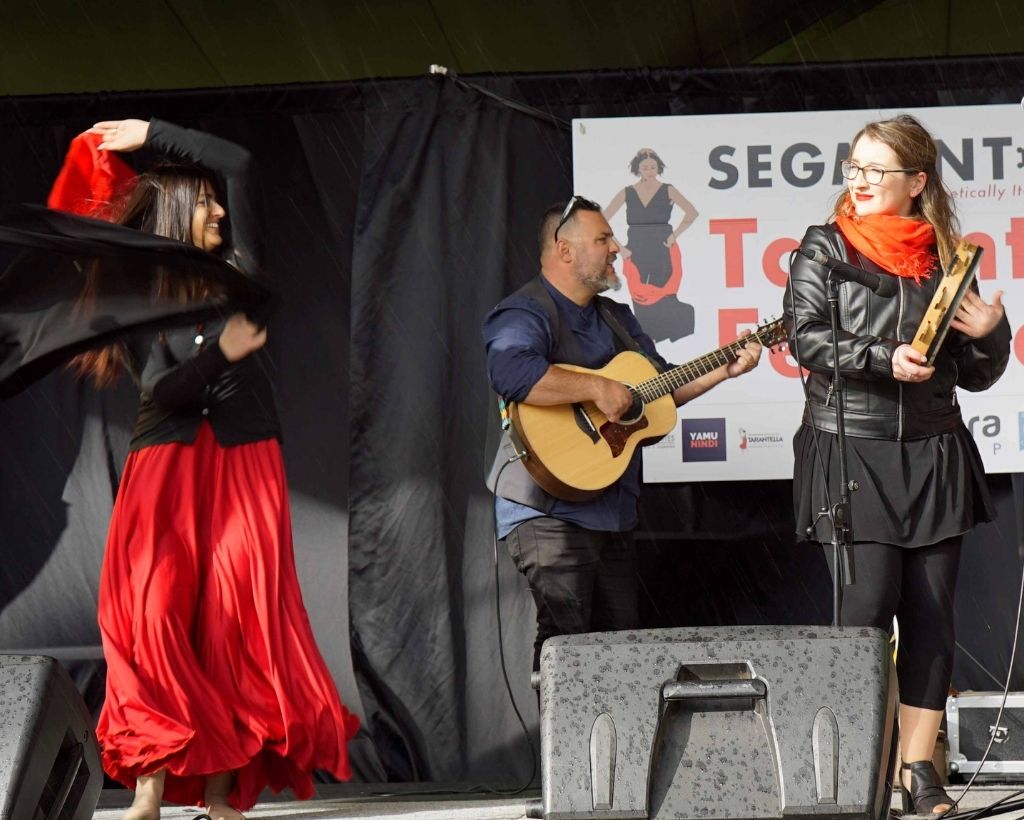
The Calabria Club, with its long history as a home for Italian culture in Victoria, offers the perfect stage for this meeting of traditions. Festivals like this one are more than entertainment; they’re investments in social and cultural connection. They create opportunities for younger generations of Italian-Australians to rediscover their roots, while at the same time opening doors for other communities to share in the richness of those traditions. As families, friends, and newcomers dance together, they break down invisible walls of difference and find common ground in celebration.
The benefits are tangible. Small businesses find new audiences, artisans and food vendors showcase their heritage, and communities strengthen ties across cultural boundaries. More importantly, participants leave with a deeper understanding of one other. In a multicultural society like Australia, this kind of exchange is invaluable. It strengthens social cohesion, promotes mutual respect, and nurtures pride in diversity.
Music, after all, has always been one of the most powerful tools of diplomacy. It speaks to the heart, transcends language, and creates a space where differences dissolve. By inviting Greek and African musicians into a festival centred on Calabrian tradition, the organisers have made a statement: culture is not a walled garden but a shared landscape, and the rhythms of one person can inspire the dances of another.
The Segmento Tarantella Festival has grown each year, not only in scale but also in ambition. Its fourth edition is a declaration that heritage thrives when it evolves, when it is celebrated openly, and when it connects with the broader community. For the Calabria Club, it is also a reminder of its mission: to be a centre of excellence for Calabrian culture while contributing to the multicultural fabric of Victoria.
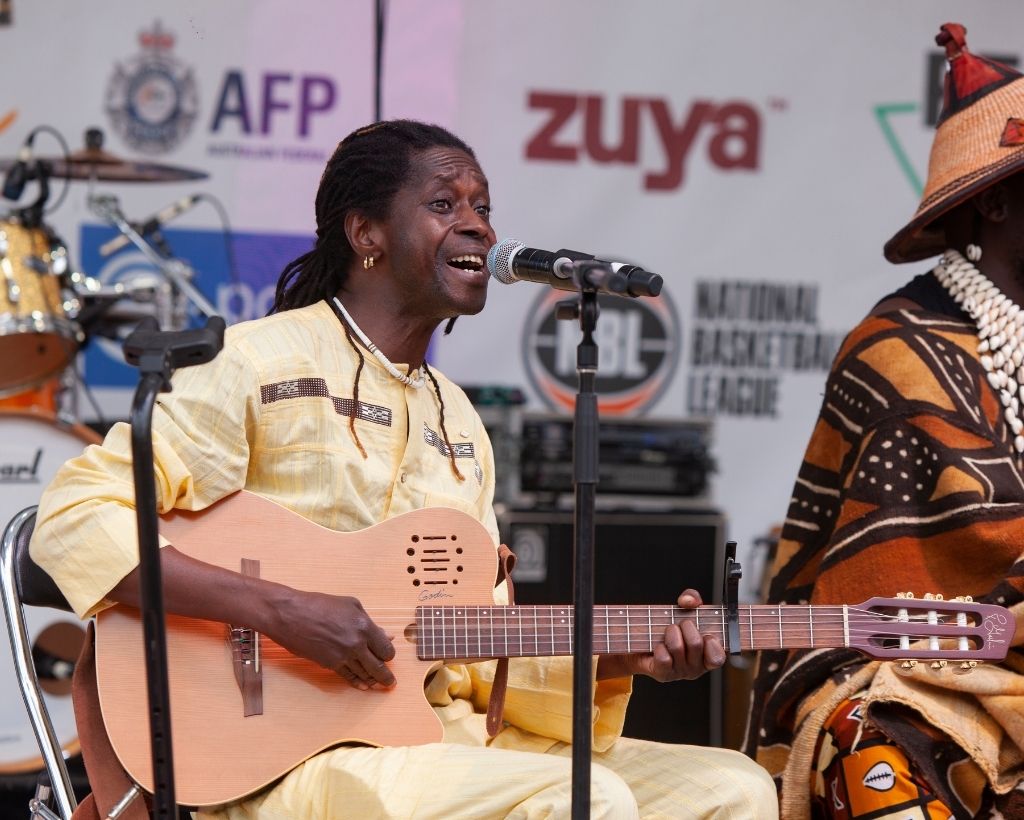
As drums beat and dancers take the floor, the message is clear: maintaining heritage is not about keeping it untouched in the past but about letting it live in the present, enriched by dialogue and shared joy. This year, the tarantella danced hand-in-hand with rebetiko and African rhythms, creating a mosaic of sound that mirrors the diversity of our society.
The Tarantella Festival is an invitation—to Italians, Greeks, Africans, Australians of every background—to dance together, to celebrate together, and to recognise that while our histories may be different, our future is shared. In the rhythm of the tarantella, in the beat of the African drum, in the strum of the Greek bouzouki, there is one universal language: joy, connection, and shared humanity.



